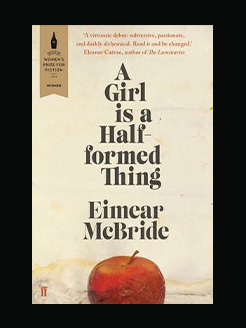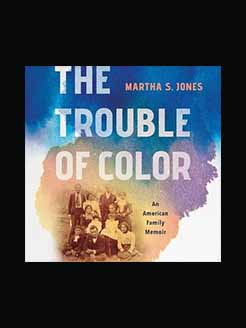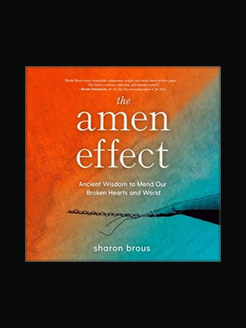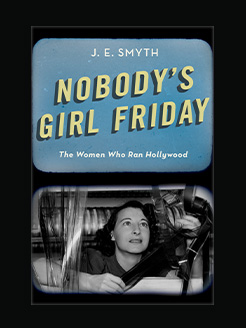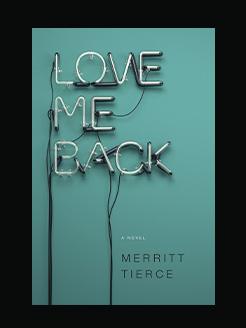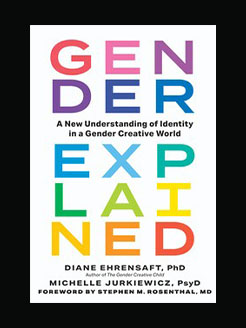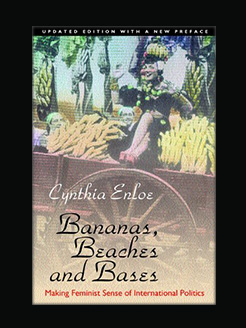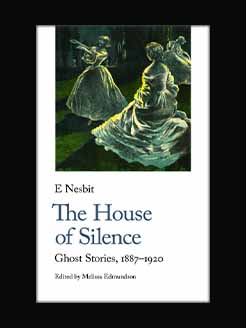Published in 2015
280 pages
Deborah Simonton is a Fellow of the Royal Historical Society and she leads the network, Gender in the European Town. Her international reputation has led to invitations to act as an international reviewer for research grants, as a keynote speaker and to join panels on a range of topics. She studies the gendered and power relations articulated in 18th-century corporate towns in the context of commercial and polite culture.
She studies the gendered and power relations articulated in the shifting economic structures of corporate towns in the context of commercial and polite culture. She is interested in the language of skill, which drew heavily on the masculine traditions of urban guilds and apprenticeship, and she has explored how the urban community was masculinised, how women utilised a range of strategies to either conform or circumvent urban regulation; and how commercial trading shaped the ways that men and women established themselves in urban culture. She is interested in understanding how women (and girls) negotiate their places and identities in the largely patriarchal society of the eighteenth century, what ‘materials’ and devices they used and how they circumvented restrictions, such as guild and corporation records. She has recently moved toward thinking about the physical and metaphorical spaces they occupied and how they positioned themselves within them. She believes the network on Gender in the European Town, and the discussions and shared research of colleagues from across Europe has been one of the most interesting and stimulating experiences of her ‘historical’ life.
(FYI, the network that keeps being referenced, Gender in the European Town, is composed of established and postgraduate historians from thirteen countries is examining the ways that the European urban experience was gendered over time and across borders, and their research and subsequent publications revolve around the operation of gender in three distinct, but interrelated, areas of urban study: the economic, the political (particularly political culture) and the spatial. These three central themes speak directly to newer ideas of exploring the dynamics of culture – both as definition and as practice.)
What is this book about?
The Routledge History of Women in Europe since 1700 is a landmark publication that provides the most coherent overview of woman’s role and place in western Europe, spanning the era from the beginning of the eighteenth century until the twentieth century.
In this collection of essays, leading women’s historians counter the notion of ‘national’ histories and provide the insight and perspective of a European approach. Important intellectual, political and economic developments have not respected national boundaries, nor has the story of women’s past, or the interplay of gender and culture.
The interaction between women, ideology and female agency, the way women engaged with patriarchal and gendered structures and systems, and the way women carved out their identities and spaces within these, informs the writing in this book.
For any student of women’s studies or European history, The Routledge History of Women in Europe since 1700 will prove an informative addition to their studies.
Best summed up in review by Jumanah from goodreads:
A heavy study on European Women’s plight over a span of three centuries dating from 1700s presented in a chronological order based on 9 themes: Female work, sexuality, family relations, education, religion, political participation, war and peace, popular culture, leisure and consumption. It’s written articulately by multiple different female scholars shedding light on the neglected sex throughout documented history either consciously or unconsciously. I mentioned the conscious because I believe some minor interpretations were forced feminist interpretation up against the unconscious motivates of some women.
This is a must read for many female Arabs today due to the similarities of patriarchal systems we are protesting against or at least those conscious enough to challenge. An important issue to mention is that a lot of Arab women may be against the oppression but not the system due to the fact that discrimination, dependency, and pre-determined roles offer a sense of gender understanding in a sugarcoated manner backed by dogma and culture, a weak and coerced stance taken up by many male and females unquestionably. All the power to those who have the courage to challenge and create their own place regardless of disabiling policies, traditions, and hateful backlashes
